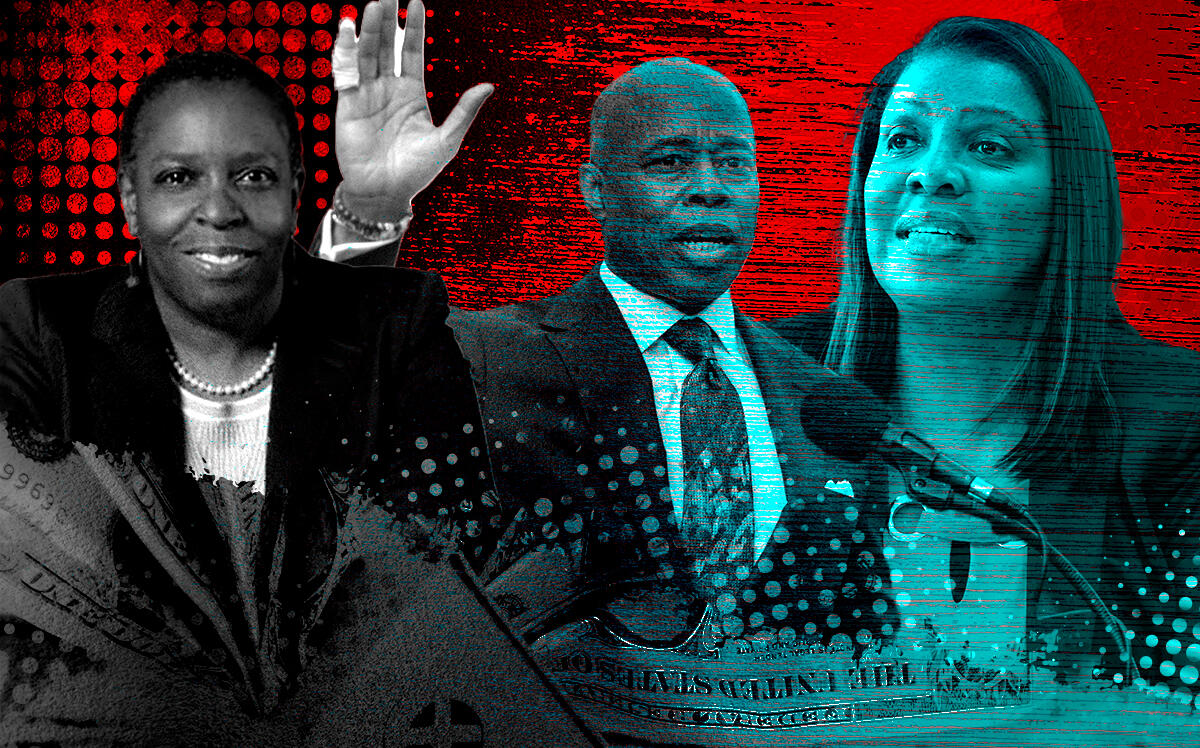 Court throws out real estate-backed property tax lawsuit
Court throws out real estate-backed property tax lawsuit
Trending
High court rescues near-dead property tax challenge
Industry-backed Tax Equity Now New York can continue its lawsuit

An industry-backed quest to overhaul New York’s property tax system has received new life.
The state’s highest court on Thursday granted Tax Equity Now New York permission to continue its legal challenge to the city’s property tax system. In a lawsuit against the city and state, TENNY argues that the system undervalues homes in affluent neighborhoods and disportionately burdens communities of color.
A mid-level appeals court tossed TENNY’s lawsuit in February 2020, citing the legislature’s right to fix the system — or leave it. The court’s consensus left the group without an automatic right to appeal to the state’s highest court, which granted it that option Thursday.
Read more
 Court throws out real estate-backed property tax lawsuit
Court throws out real estate-backed property tax lawsuit
 Do-or-die: Group files final appeal for property tax reform
Do-or-die: Group files final appeal for property tax reform
 Last Stand: Property tax reformers recruit Lander to lawsuit
Last Stand: Property tax reformers recruit Lander to lawsuit
The Court of Appeals’ approval is a major and unlikely win after a series of defeats for the group. The state’s highest court is famously selective about hearing cases that it doesn’t have to. Last year, it received 801 such motions and only granted 33, according to the latest annual report by the court. The year before it approved 32 of 870, and in 2019 it accepted 18 of 843.
While the de Blasio administration supported the idea of reforming property taxes, it opposed TENNY’s lawsuit, maintaining that change should be done by state lawmakers, not the courts. Mayor Eric Adams has said that he supported previous efforts to litigate the city’s property tax system.
But a spokesperson for City Hall on Thursday indicated that while the administration is committed to reforms,
“changes to the property tax system should be pursued through the legislature, not the courts.” The spokesperson subsequently retracted the statement, pending another, but a replacement was never sent. Representatives for the state declined to comment.
TENNY, which has received funding from major residential developers, was encouraged that the state’s highest court did not seem to restrict what issues it would consider on appeal.
Previously, Martha Stark, a former city finance commissioner and now policy director for TENNY, told The Real Deal that victory could ultimately take a few different forms: The court could kick the lawsuit back to the lower courts for consideration or, in what would be an even bigger win for the plaintiffs, it could rule that the city’s property tax system violates state law and the federal Fair Housing Act.
“We filed this suit because the political will to fix the property tax system cannot overcome years of inertia in the state legislature or City Council, and court action is the only viable path to reform,” Stark said in a statement Thursday. “Today’s decision allows the fight for a fairer, more equitable property tax system to continue.”




